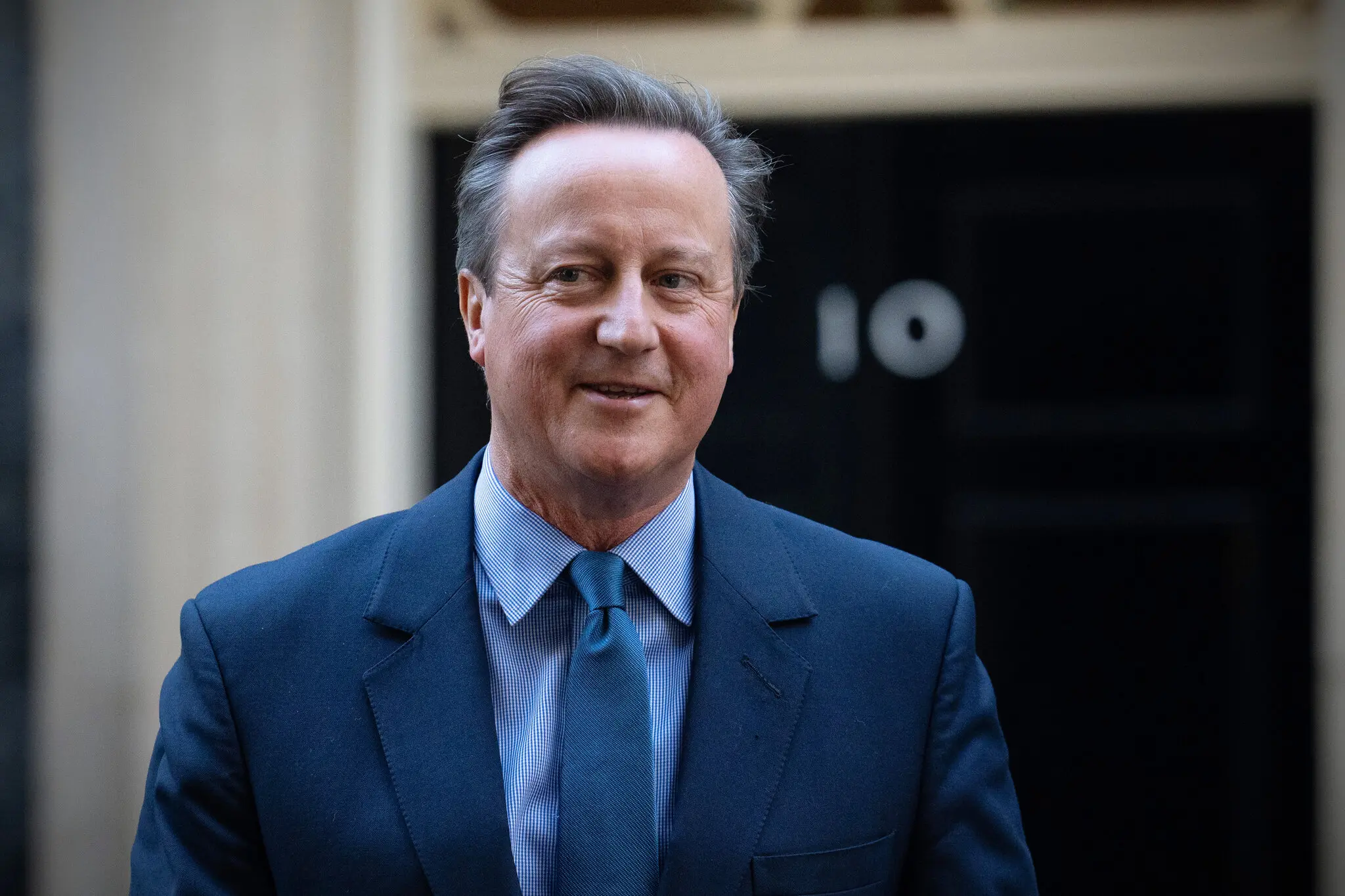The New York Times: David Cameron, previously Britain’s Prime Minister until his resignation post-Brexit in 2016, has made a notable political comeback as Foreign Secretary under Prime Minister Rishi Sunak. This appointment is seen as a significant and unexpected return to politics, especially given Cameron’s legacy and its ongoing impact on the UK.
Cameron’s tenure as PM was marked by the initiation of Brexit and the introduction of austerity measures. His decision to hold the Brexit referendum, which he campaigned against, resulted in his resignation after the vote favored leaving the EU. His austerity policies, particularly cuts in public spending, have been criticized for their long-lasting negative effects on public services like the NHS.
Sunak, who presents himself as a proponent of change, has chosen Cameron, a figure closely tied to the Conservative Party’s past and these controversial policies. This decision is seen as counterintuitive to Sunak’s change-oriented agenda. However, Cameron’s appointment is strategically significant, providing experienced leadership in the Foreign Office during a time of international conflict, like the wars in Ukraine and Gaza.
Cameron’s return also aims to moderate the government’s stance, moving away from extreme positions, especially on issues like immigration. Despite this, Cameron’s legacy remains divisive. His involvement in the Brexit referendum and his austerity measures have left a mixed reputation, further complicated by a lobbying scandal involving Greensill Capital.
Cameron’s foreign policy record includes fostering relations with China and the U.S., and involvement in military interventions, like in Libya. His appointment as Foreign Secretary, following a life peerage granted by King Charles III, brings an experienced but controversial figure back into a key role in British politics.
The entire article can be read at the link https://www.nytimes.com/2023/11/13/world/europe/david-cameron-return-uk-government.html











